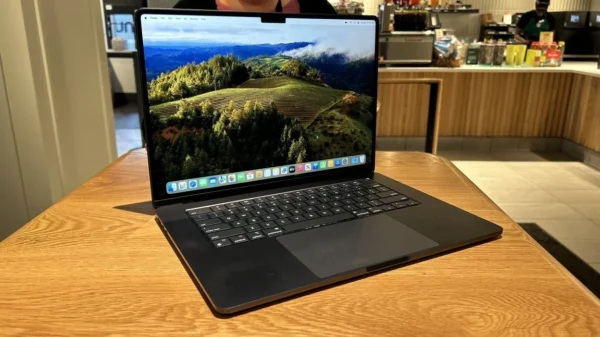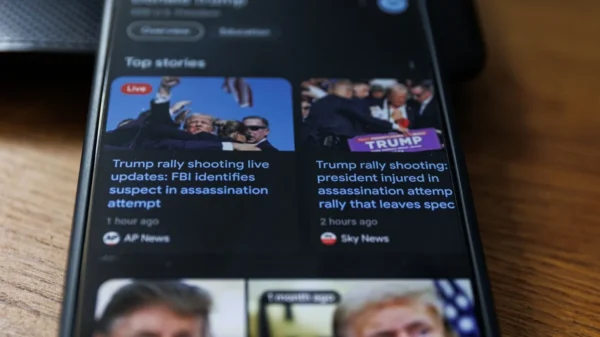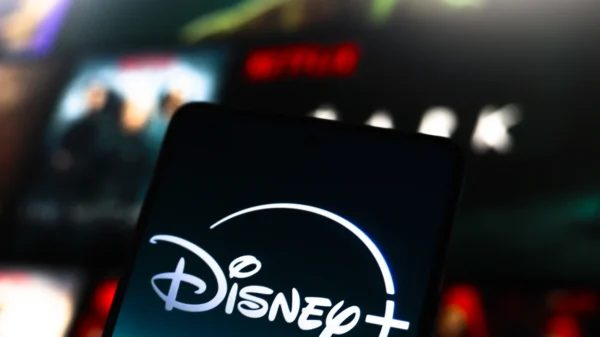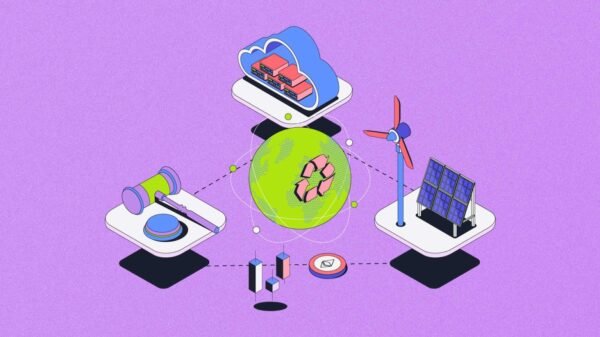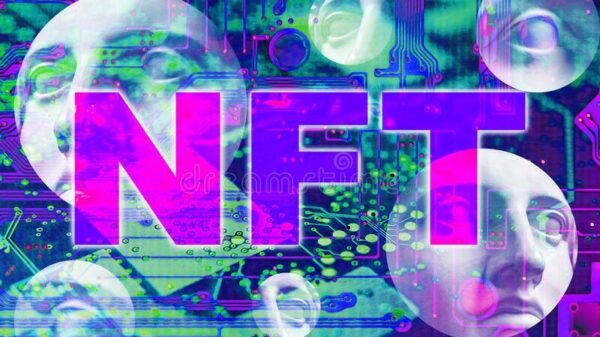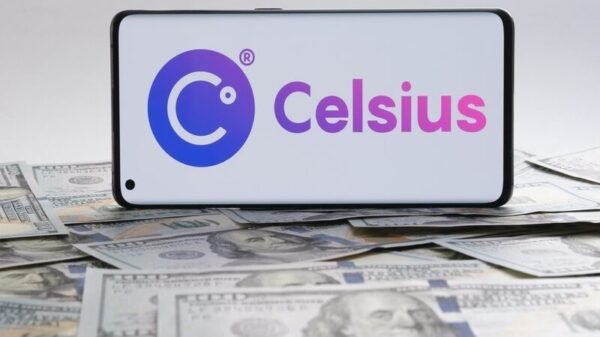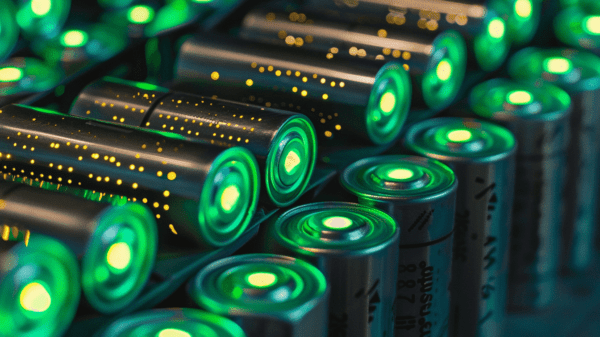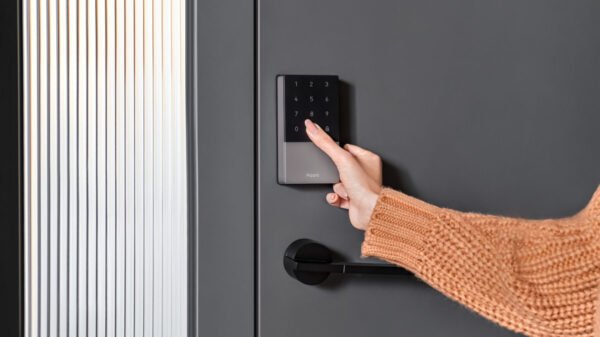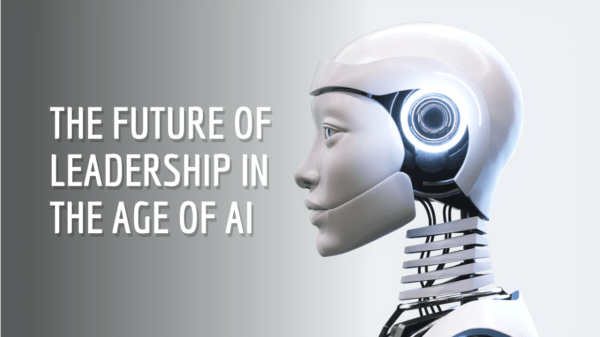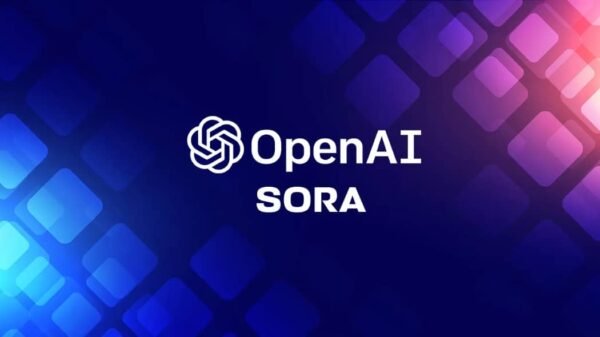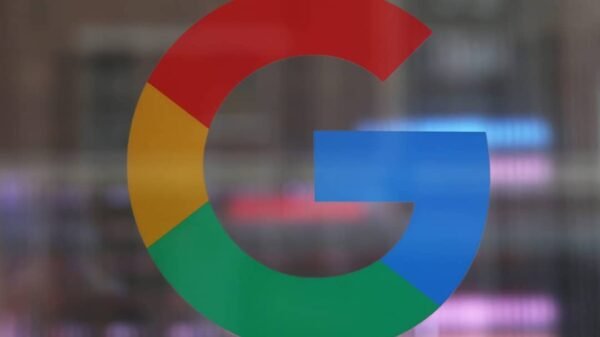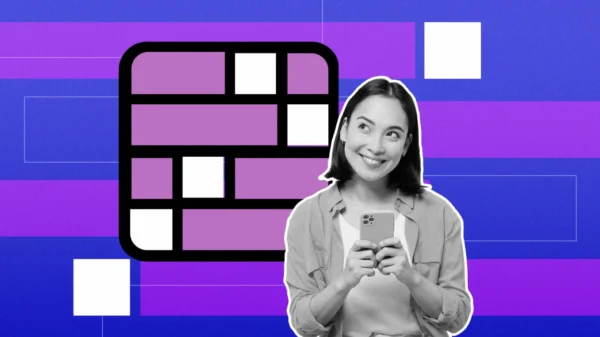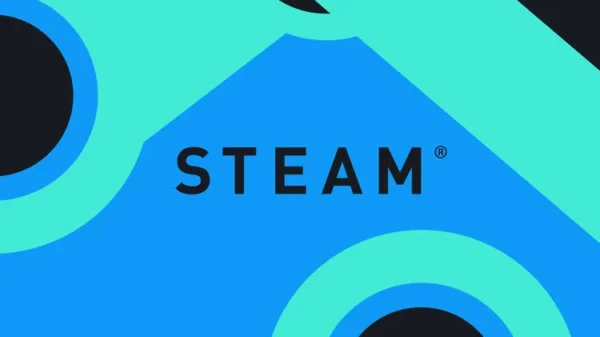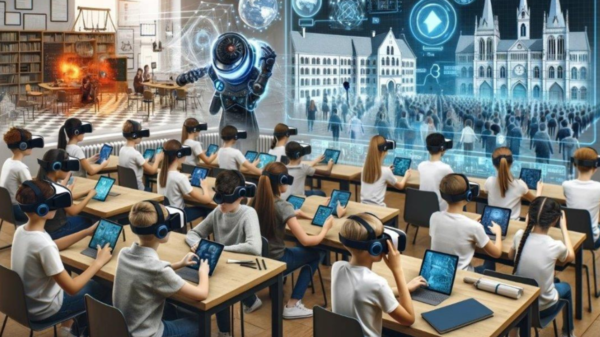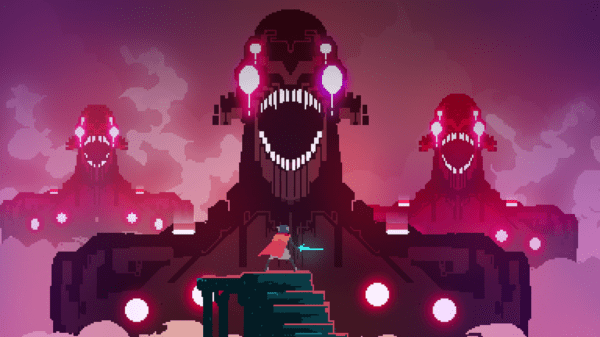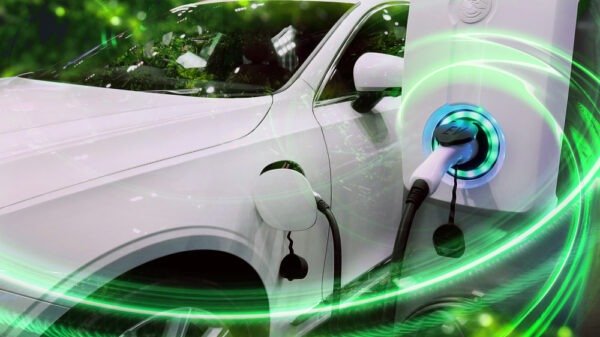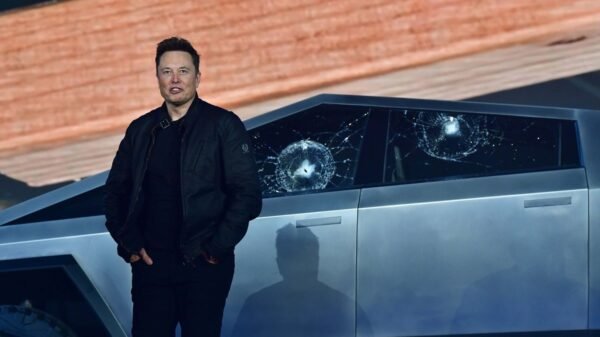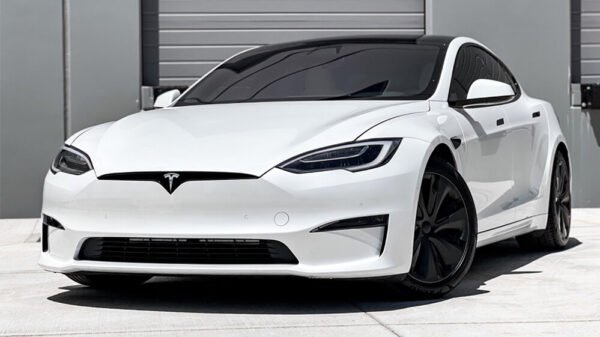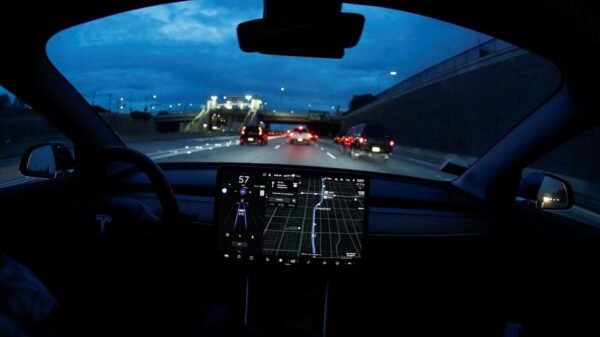Google has ceased updating third-party smart displays, signaling a shift from Assistant devices. The Lenovo Smart Display, JBL Link View, and LG Xboom AI ThinQ WK9 Smart Display will no longer get software upgrades, according to a 9to5Google support website.
These three displays debuted in 2018, months after Google unveiled the Smart Display platform and its Home Hub (now Nest Hub) to compete with Amazon’s Alexa. Over time, Google added additional functions to these devices, but they never got the same attention as its Nest Hub displays.
Google’s third-party gadgets won’t cease operating, but they won’t get any new features or upgrades.
The Nest Hub Max introduced Matter support and “quick phrases” to Google Assistant after Google removed functionality like browsing the web on third-party screens. Unfortunately, Google’s update doesn’t mention the Assistant-powered Lenovo Smart Clock 2, but I’m curious about its future.
Discontinuing updates on third-party products seems like a way for the company to cut off a line of products that have been largely replaced by the Nest Hub (which may soon be usurped by the upcoming Pixel tablet) and a sign that Google is moving away from Assistant and toward generative AI technology like Bard.
In a memo obtained by CNBC this month, Google Assistant CEO Sissie Hsiao notified employees that engineering vice president Amar Subramanya would manage the Bard team. It also suggested that the division will boost Google’s Bard development.
“As the Bard teams continue their effort, we want to ensure we continue to support and execute on the prospects ahead,” Hsiao stated in the message seen by CNBC. “This year, more than ever, we have concentrated on user-impact delivery.”
In October, The Information reported that Google spent less on Assistant products for automobiles and other third-party gadgets that use the software, including TVs, headphones, smart home speakers, smart glasses, and smartwatches. In addition, Hsiao allegedly informed one colleague that Android Auto only produces roughly $1 billion in annual sales, barely enough to dent Google’s $257.6 billion last year. As a result, she may deter some from the initiative.
Google’s recent efforts to reduce Assistant dependency reflect this. For example, Google discontinued the Assistant-powered Driving Mode dashboard last year and will remove Assistant games and applications in June. In addition, according to 9to5Google, Google may end the 2014 Assistant-like Google Now Launcher.
With Google I/O a month away, we’ll see if the old Assistant technology is still in new devices or if Google talks about new AI. The New York Times reports that Google will unveil an AI picture production studio, a video summarizing tool, and a third iteration of AI Test Kitchen, an app for testing AI innovations.

